Gender: Male
Grice, Geleve
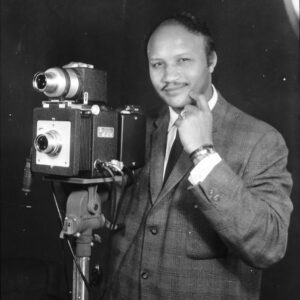 Geleve Grice
Geleve Grice
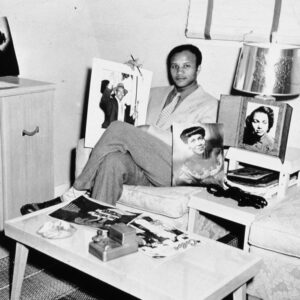 Geleve Grice in Studio
Geleve Grice in Studio
 Grice Studio
Grice Studio
Grider, John McGavock
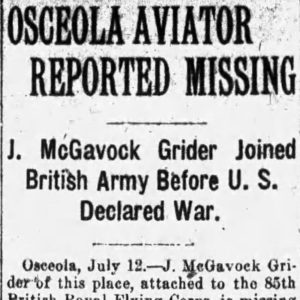 Grider Missing Article
Grider Missing Article
Griffin, John Timothy
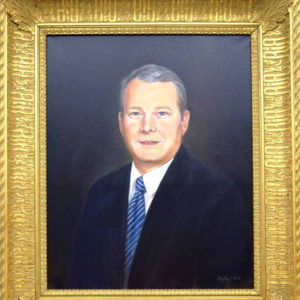 Tim Griffin
Tim Griffin
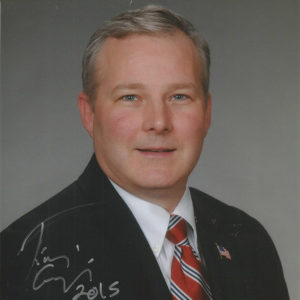 Tim Griffin
Tim Griffin
 John Grisham
John Grisham
Grisham, John
Griswold, Nathaniel Robadeau (Nat)
Gross, Tabbs
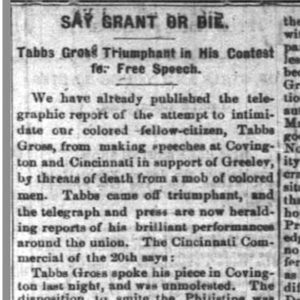 Tabbs Gross Article
Tabbs Gross Article
Grove, Ivan
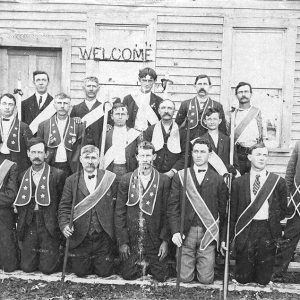 Grubbs Odd Fellows
Grubbs Odd Fellows
Guedetonguay
aka: Guedelonguay
aka: Quedetongue
Guerilla Execution of 1864 (Little Rock)
Guerrilla Executions of 1864 (Fort Smith)
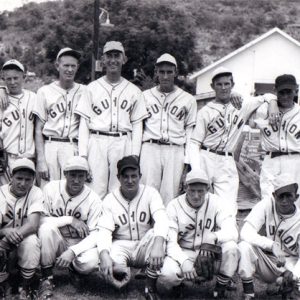 Guion Baseball Team
Guion Baseball Team
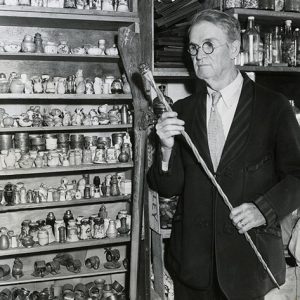 Louis Gulley
Louis Gulley
Gulley, Louis Corneil
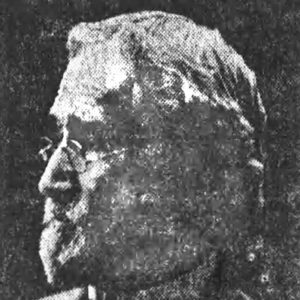 Ransom Gulley
Ransom Gulley
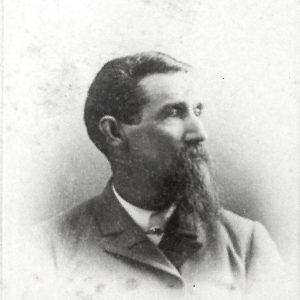 Ransom Gulley
Ransom Gulley
Gulley, Ransom
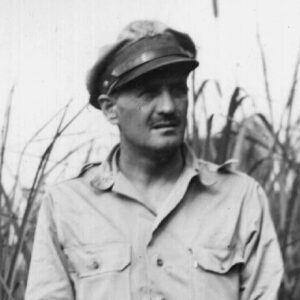 Paul "Pappy" Gunn
Paul "Pappy" Gunn
Gunn, Paul Irving “Pappy”
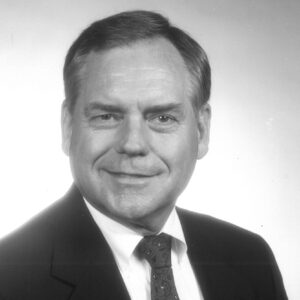 James H. Gunter
James H. Gunter
Gunter, James Houston (Jim), Jr.
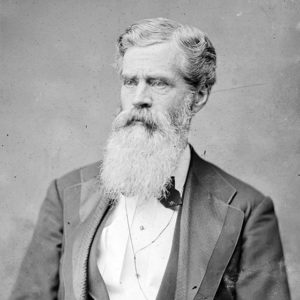 Thomas M. Gunter
Thomas M. Gunter
Gunter, Thomas Montague
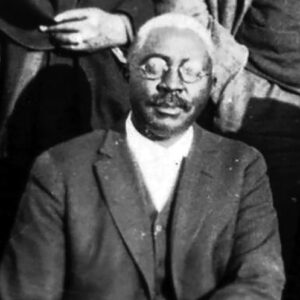 Ottawa (O. W.) Gurley
Ottawa (O. W.) Gurley
Gurley, Ottawa (O. W.)
 Gust
Gust
Guthridge, Amis Robert
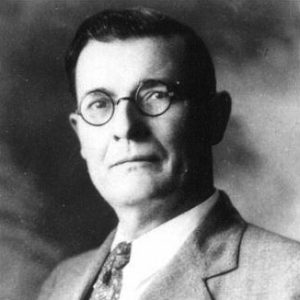 Jeremiah Guthrie
Jeremiah Guthrie
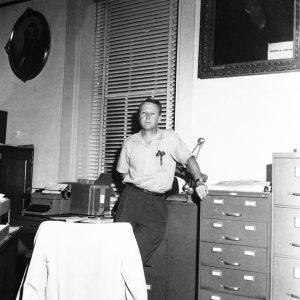 Francis Gwaltney
Francis Gwaltney
Gwaltney, Francis Irby
 Bill Gwatney
Bill Gwatney
Gwatney, Harold Lloyd
Gwatney, William Alan (Bill)
Hackett, Nelson
Hadley, Nat (Reported Lynching of)
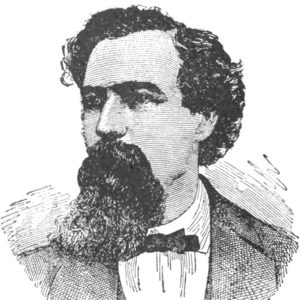 Ozro Hadley
Ozro Hadley
Hadley, Ozro Amander
Hagerty, Thomas J.
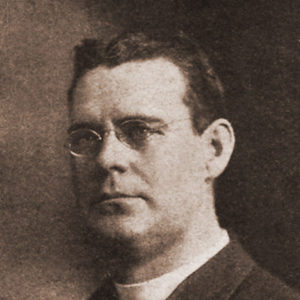 Thomas J. Hagerty
Thomas J. Hagerty
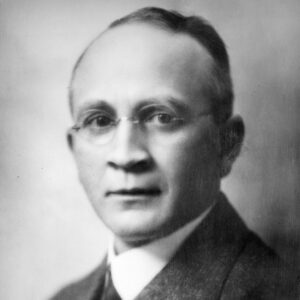 Hal L. Norwood
Hal L. Norwood




